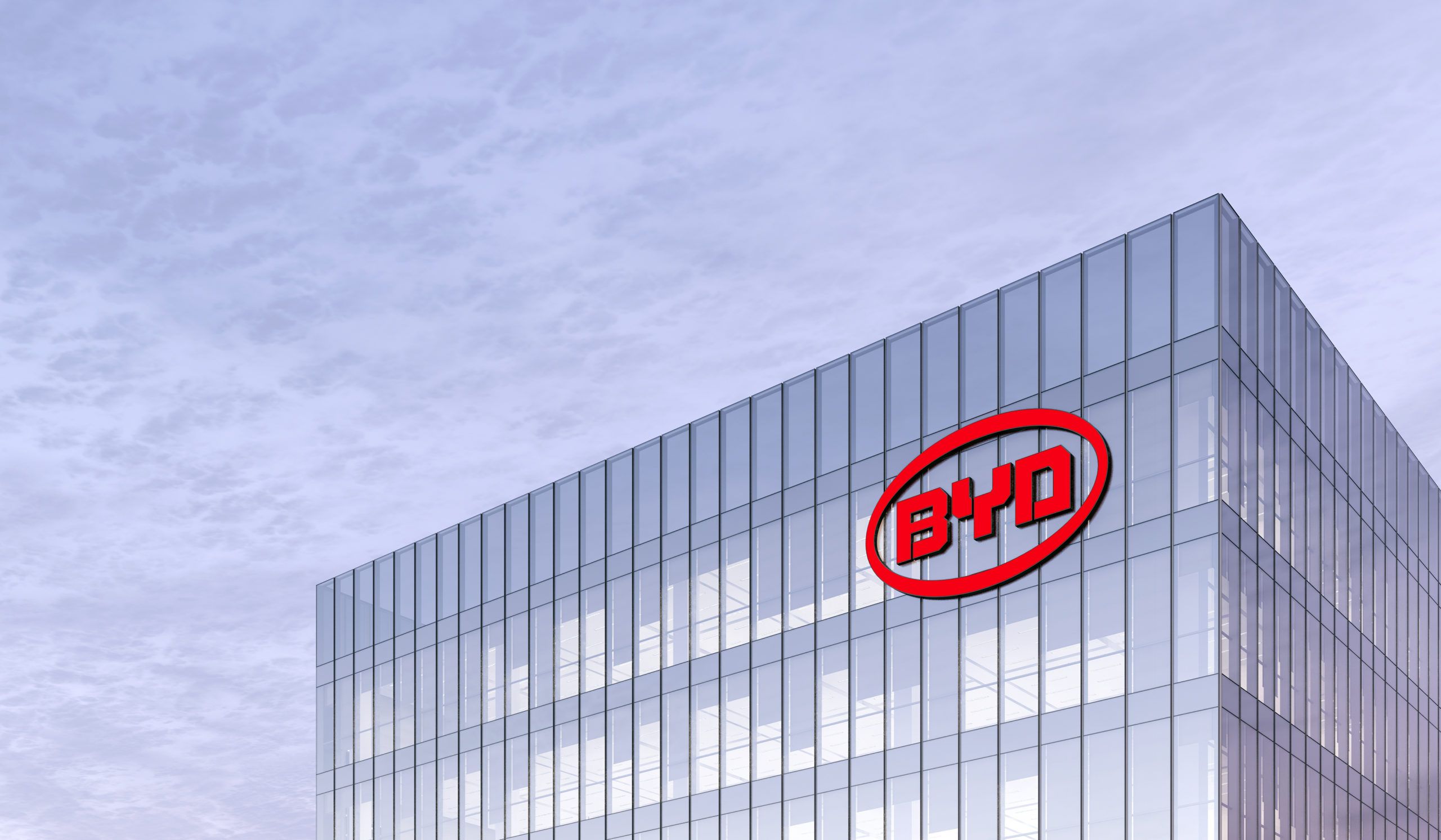
The global automotive market experienced a breakout moment with the recent announcement that BYD, the Chinese electric and hybrid vehicle company, surpassed Tesla in quarterly sales for the first time in its history. The change reflects a growing interest among consumers in hybrid vehicles, powered by both electricity and fuel, rather than fully electric models. This trend is due, in part, to persistent concerns about the reliability and range of pure electric vehicles, as well as charging infrastructure, which remains limited in many markets.
In the third quarter of 2023, BYD’s sales soared 24%, reaching 201.12 billion yuan (equivalent to 28.2 billion US dollars), according to official company data. This figure exceeded Tesla’s quarterly revenue, which reported $25.18 billion in the same period. BYD’s advance in sales, although notable, is less profitable, as the company generated a net profit of 1.63 billion dollars, compared to the 2.17 billion obtained by Tesla. However, this jump in sales shows how BYD is taking advantage in the hybrid and electric vehicle market, especially in China.
China, the world’s largest automotive market, is experiencing an accelerated transition towards electric and hybrid vehicles, a change in which BYD has established itself as a leader. The company sells a wide range of vehicles, from purely electric to hybrid and internal combustion models. By comparison, Tesla offers only four models of fully electric vehicles in China, limiting its ability to compete in a market that, according to estimates, could have 60% of its new units powered by batteries by 2030. This limited supply , added to BYD’s ability to adapt to different consumer preferences, has been decisive in the recent leadership of the Chinese brand.
BYD’s rise can also be attributed to the increase in sales of its line of hybrid vehicles. In the third quarter of 2023, the company sold a total of 1.13 million electric and hybrid vehicles, an increase of 37.7% compared to the same period of the previous year. Of this figure, 685,830 units were hybrids, 75.6% more than in 2022. Hybrid vehicles represent an attractive alternative for consumers who still have reservations about the transition to a completely electric model, since they offer greater flexibility in terms of autonomy and less dependence on charging infrastructure. Tesla, for its part, remains focused exclusively on pure electric vehicles and managed to deliver 462,890 units in the same quarter, surpassing BYD in this specific category, but unable to match its total sales.
BYD begins construction of the first electric vehicle factory in Brazil
The hybrid market has seen steady growth not only in China, but also in other countries, such as Germany, the United Kingdom and the United States, where consumers have shown sustained interest in these models in the context of a gradual transition towards electrification. . According to a report from the International Energy Agency, sales of hybrid vehicles have been particularly strong in emerging electric vehicle markets during the first months of 2024. This preference is largely due to the fact that hybrids are priced more affordable compared to pure electric vehicles, making them an attractive option for young buyers purchasing their first car.
Tesla, aware of the challenges it faces in the Chinese market, has tried to adapt by lowering the prices of some of its models. However, industry experts, such as Yale Zhang, director of the consulting firm Automotive Foresight, point out that the American brand may need to launch new models or enable innovative functions, such as the autonomous driving system, to attract a greater number of consumers in China. According to Zhang, Tesla’s growth in the Asian country seems limited without these measures, and the company will have to focus on increasing its sales in other international markets to maintain its global growth rate.
Competition in the Chinese electric vehicle market is intensifying as new players enter the pure electric vehicle and hybrid segment. Traditional brands that have been dominant in the internal combustion vehicle space, such as Hyundai, have launched new hybrid models to adapt to the industry transition. In August, Hyundai increased its hybrid portfolio to 14 models, in response to the drop in demand for pure electric vehicles and in an effort to remain competitive against brands such as Xpeng, Li Auto and Nio, which specialize in the production of EVs in China.
Source: https://reporteasia.com/negocios/2024/11/01/byd-supera-tesla-ventas-trimestrales-demanda-hibridos/

